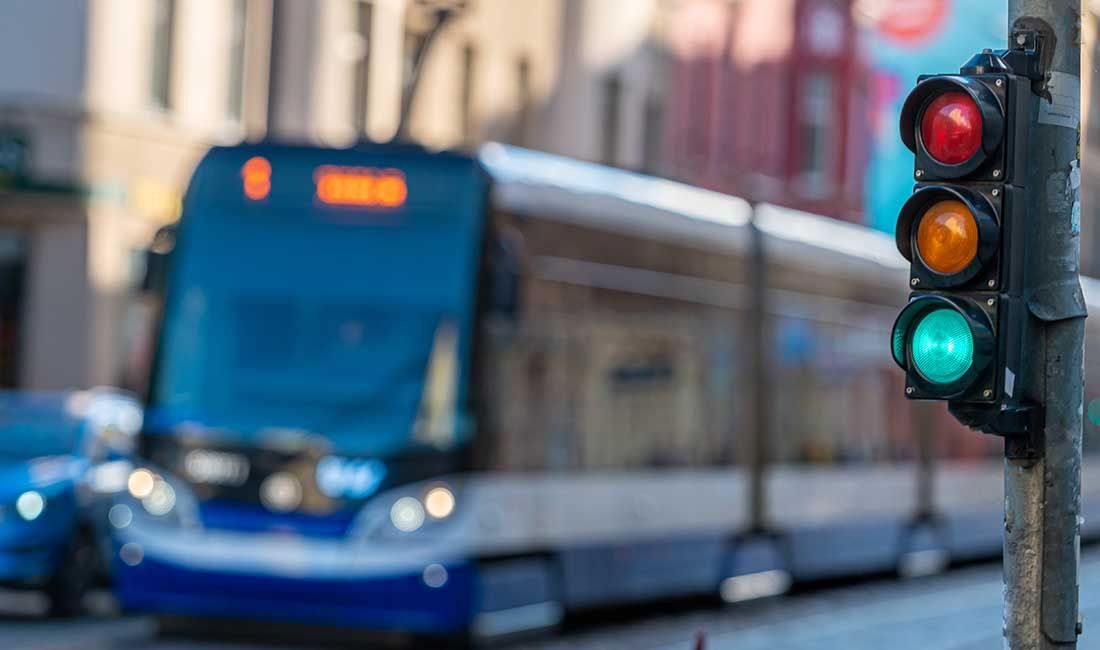England Needs a New Bus Transport Settlement

| W.E.U Admin | Improving Working Lives
TAGS: England, Inequality, Infrastructure
England’s town and rural bus services are at a crossroads. Declining passenger numbers, rising fares and service cuts have created a vicious cycle that leaves many people isolated—especially those without a car. It’s time for a new settlement that puts sustainable public transport at the heart of regional development.
The Case for Total Transport Areas
London’s bus network has been a model of success: over the last fifteen years, passenger journeys in the capital have outnumbered those in the rest of England combined. Other city-regions, like Greater Manchester, are following suit by gaining regulatory powers, while Nexus in Tyne and Wear is seeking similar authority for local routes.
However, town and rural areas have suffered from:
- Severe cuts to local authority budgets and bus subsidies
- Falling patronage and the ensuing service reductions
- Rising fares that deter new users
This underinvestment disproportionately affects young people, pensioners, disabled people and those on low incomes—groups that rely most on public transport. Without meaningful reform, isolation and inequality will only worsen.
Learning from ‘Total Transport’ Pilots
The government’s successful total transport pilots demonstrate the power of a cross-sector approach to public road passenger services. By coordinating transport funding across health, education and local authorities, these initiatives have:
- Reduced duplication of routes
- Improved service reliability
- Lowered operational costs
Examples include community buses in Devon and integrated patient transport in Cumbria. These successes pave the way for a broader, more ambitious reform.
Recommendations: Establish ‘Total Transport Authorities’ (TTAs)
We propose the creation of Total Transport Authorities (TTAs) in travel-to-work areas that span multiple local authorities. TTAs would:
- Pool all transport-related funding and regulatory powers
- Encourage service delivery by social enterprises, municipal companies and community investment organizations
- Phase in responsibility for services provided by hospitals, colleges and universities
By integrating bus services with other transport modes, TTAs would:
- Promote social justice through improved accessibility
- Reduce carbon emissions by offering a viable alternative to car travel
- Strengthen local economies by connecting workers, students and patients to essential services
Further Reading
- Rural Bus Services: Challenges and Opportunities
- Total Transport: Connecting Communities by Bus
- Bus Drivers
workersofengland.co.uk | Independent Workers Trade Union


















